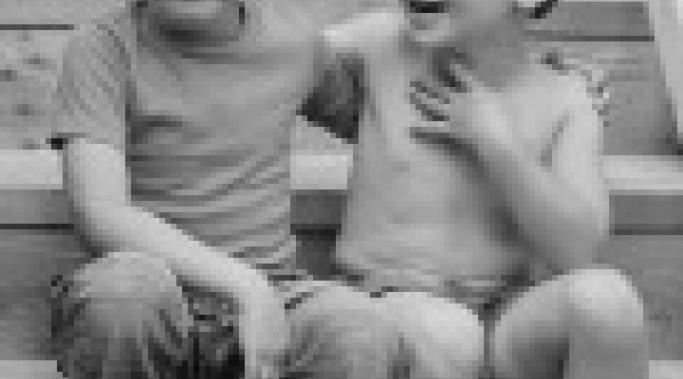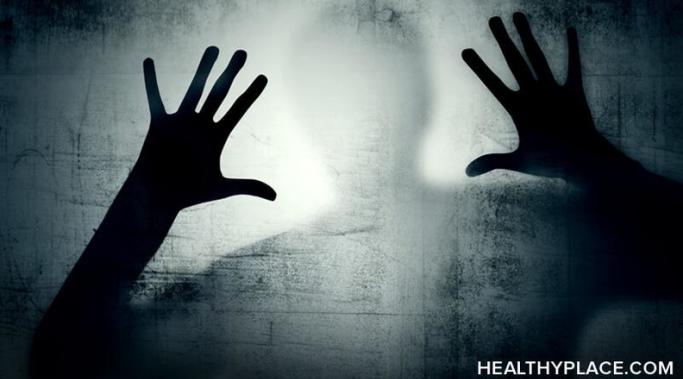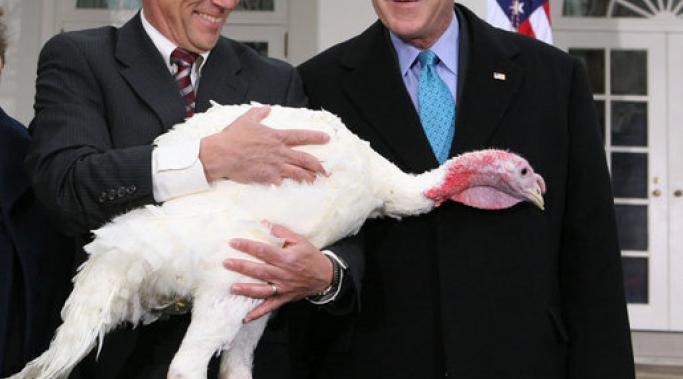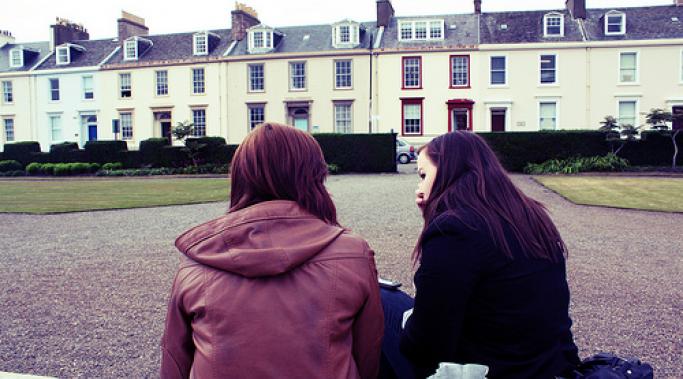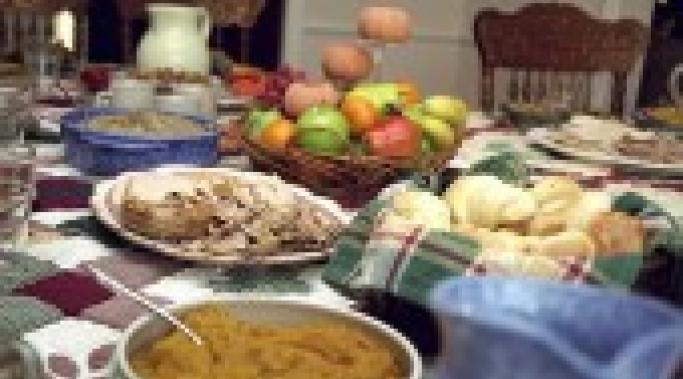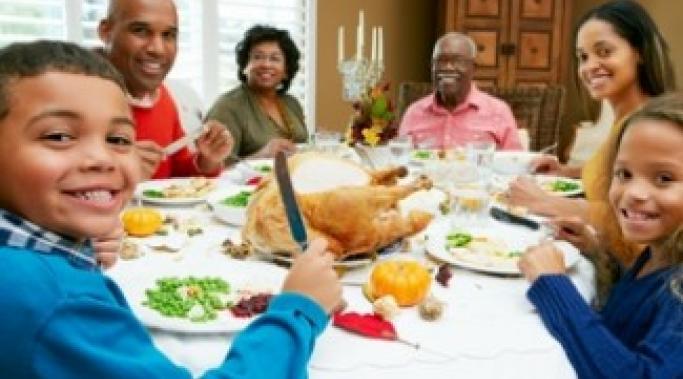Blogs
As a kid, a friend was that special someone who shared her lunch with you, passed you top-secret notes and played with you at recess. In high school, a friend was that shoulder to cry on, to share laughs, and to get into trouble with. As adults, friends are those people that we play phone tag with and see a few times a year. The sad thing about adults is that we become so consumed with our own lives that friendships often get neglected and become a mere afterthought only once we have finished with our work and family obligations.
Keith Smith speaks out about his horrific experience of abduction and rape by a stranger at the age of 14. It's taken him years, decades, to speak out about the trauma. Read his story below and then view his interview on the HealthyPlace Mental Health TV Show, Male Survivor of Rape Speaks Out.
Tonight, the boys and I watched "A Charlie Brown Thanksgiving" in honor of the coming holiday. When I was a kid, I developed an obsession with Peanuts, the Charles Schulz comic strip. I spent a summer poring over a garage-sale anthology of the strip, almost feeling as if I was a member of the Gang. I even had my own "Psychiatric Help" booth a'la Lucy, courtesy of my grandfather's carpentry skills and willingness to indulge.
I still love all things Peanuts, but the characters have fallen out of favor with modern kids. I have to wonder--why was I drawn to them? Could it be because each character seems to have been plucked from the pages of the DSM-IV?
I have been through more bipolar treatments than I care to recall; probably everything you’ve heard of plus a bunch of bipolar treatments you haven’t. And yes, obviously, I have failed the vast majority of these bipolar treatments. And while not getting better is certainly nasty enough, it always feels like it’s my fault that the treatment didn’t work.
So it's Thanksgiving week in the US. Already!
Time to get out the Sunday best, prep for the presents, parties, company cocktails, chaotic travel arrangements and family gatherings.
Some of us are lucky enough to be totally comfortable with all of that - to have supportive, warm friends and family who don't rely entirely on gossip, ironic embroidered knitwear and gin to get them through the Holidays. (If you happen to be that someone can I crash the castle?)
Mostly I just want to look and feel my best, to have enough happy-go-lucky, devil may care attitude to spare: In the hopes that I'll make it through to January without too much general and social anxiety, minus the always pleasant addition of 'where did my year go and why do I suddenly feel the need to make impossible resolutions' panic.
During church that Sunday, their pastor played a clip of Susan Boyle's audition on Britain's Got Talent. Although it wasn't the point of the sermon, I realized that this clip is an excellent metaphor for life with borderline personality disorder (BPD).
Lately I've a greater need for Dissociative Identity Disorder support and community. But like most people with DID, I have serious trust issues. I'm far more comfortable on the fringes of any given group where I have a clearer view of the dynamics and can maintain a safe distance. Still, I'm a human being wrestling with tough stuff. I need understanding and fellowship - something many with DID find sporadically, if at all. It's important, therefore, to get the most out of whatever support we're given.
On this week's HealthyPlace Mental Health Radio Show, Richard Jarzynka shares his personal struggle with bipolar disorder and discusses the surprising bright side of bipolar.
It was Thanksgiving 2008 and I had recently completed two weeks of inpatient hospitalization for anorexia nervosa. Even though I had eaten what felt like thousands of calories daily and had been connected for ten days to a TPN (a line that goes through your vein and is placed directly over your heart pumping nutrients and fats into the body), I had gained very little weight during the hospitalization and was still terrified of eating most foods.
Then, along comes Thanksgiving and the annual family food spread. I took one look at the table and froze, unable to think about how I could possibly eat even one bit of that food. All I saw was FAT; it was my anorexic brain's worst nightmare come to life. However, I have since learned how to survive and even enjoy the holidays by working through my fears and anxiety.
Ah, the holiday season. Families coming together in joy and harmony, stuffing turkeys (and ourselves) full of all manner of deliciousness. Children singing and reveling in the magic and mystery and--
Who am I kidding? The last two months of the year can be trying for any parent, but for parents of children with mental illness, they can be far removed from the Rockwellian scenes we once envisioned.
